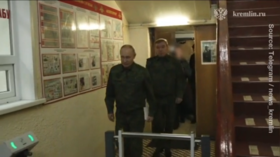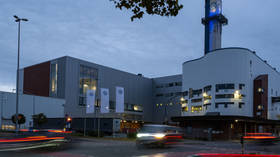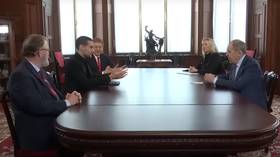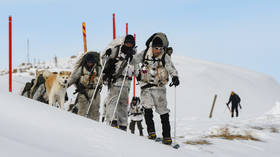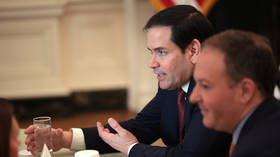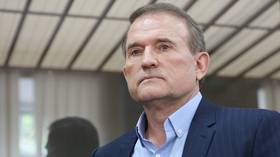NATO state annuls presidential election results
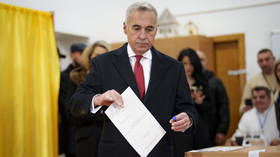
Romania’s Constitutional Court has annulled the results of the first round of the national presidential election after independent candidate Calin Georgescu clinched a surprise win last month.
The decision comes amid accusations that Russia had allegedly assisted Georgescu’s campaign, claims Moscow has dismissed as “absolutely groundless.”
Georgescu, a religious nationalist, is critical of both NATO and the EU, and has criticized Romania’s role in the Russia-Ukraine conflict. He has also promised to end all military and political assistance to Kiev if elected into office.
During the first round of voting in November, Georgescu secured 22.94% of the ballots, beating out the liberal leftist candidate Elena Lasconi, who received 19.18%. The two were scheduled for a runoff on Sunday.
However, on Friday, the country’s constitutional court issued a ruling annulling “the entire electoral process regarding the election of the President of Romania” and announced that the whole process will be resumed in its entirety at a later date.
Earlier in the day, Romanian media reported that judges of the court had gathered for an urgent meeting to examine a large number of requests to annul the election. The demands cited recently declassified intelligence documents by the Supreme Defense Council, which claimed that there were irregularities behind Georgescu’s performance.
The documents alleged that Georgescu’s candidacy was improperly promoted online by paid influencers along with extremist right-wing groups and persons with ties to organized crime.
The documents also suggested that Russia may have tried to influence the election, but did not directly accuse Moscow of interference.
Georgescu has repeatedly dismissed allegations of foreign collusion in his campaign, saying that his detractors “can’t accept that the Romanian people finally said ‘we want our life back’.”
The Kremlin has also denied accusations of interfering in the election. By pointing the finger at Moscow, the authorities in Bucharest are “mimicking the basic trend that exists in the West in this regard,” spokesman Dmitry Peskov said last month.




